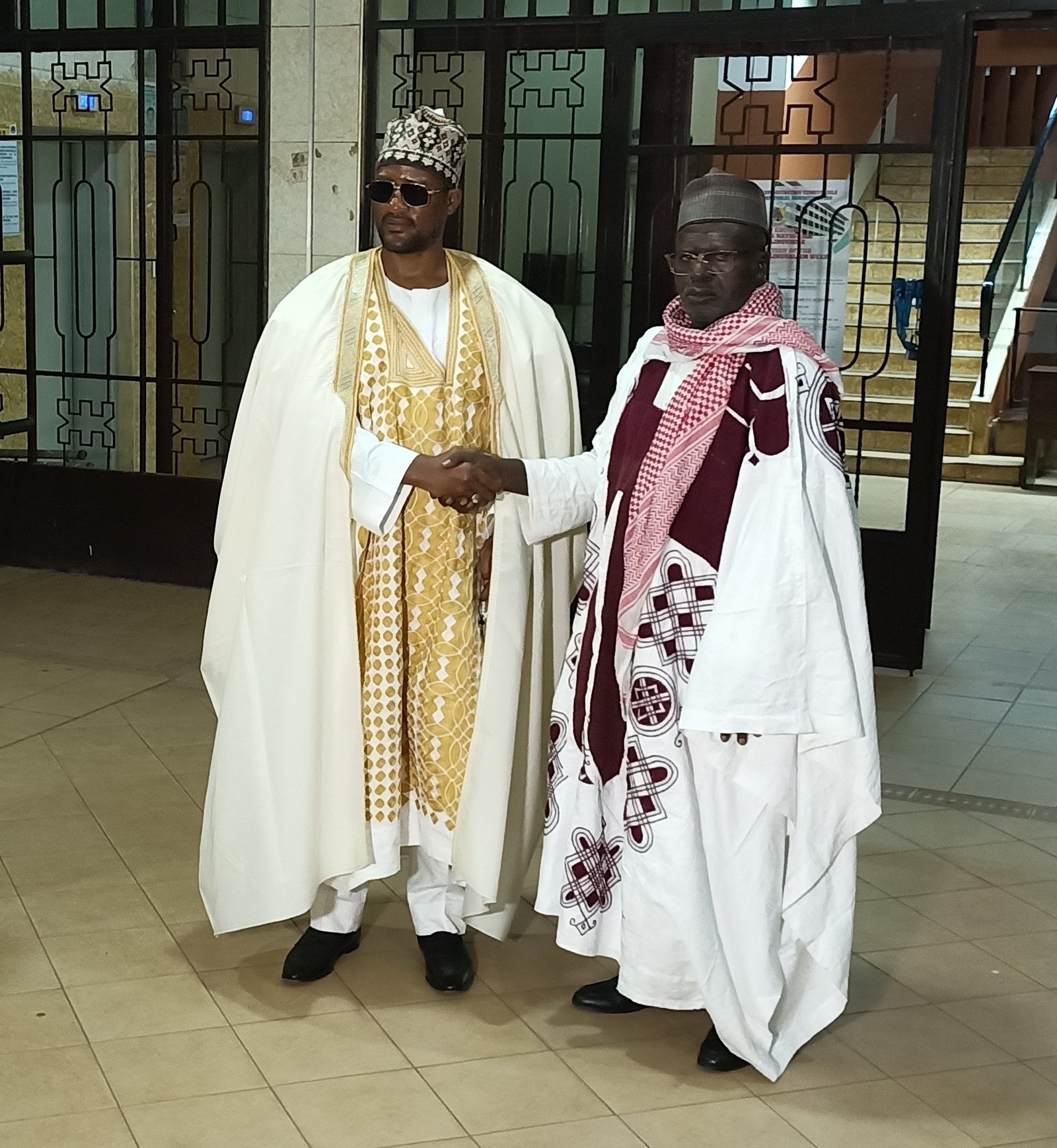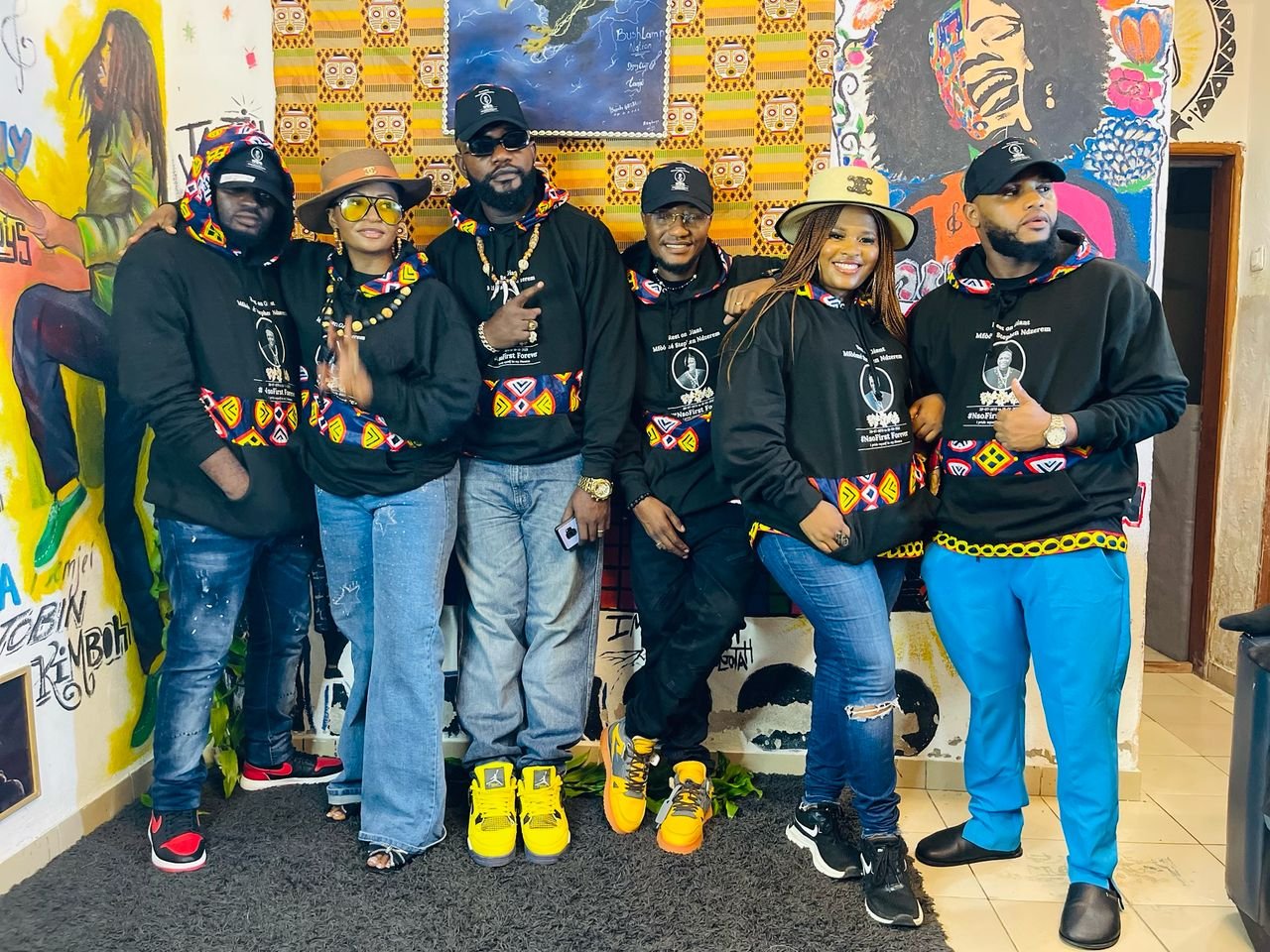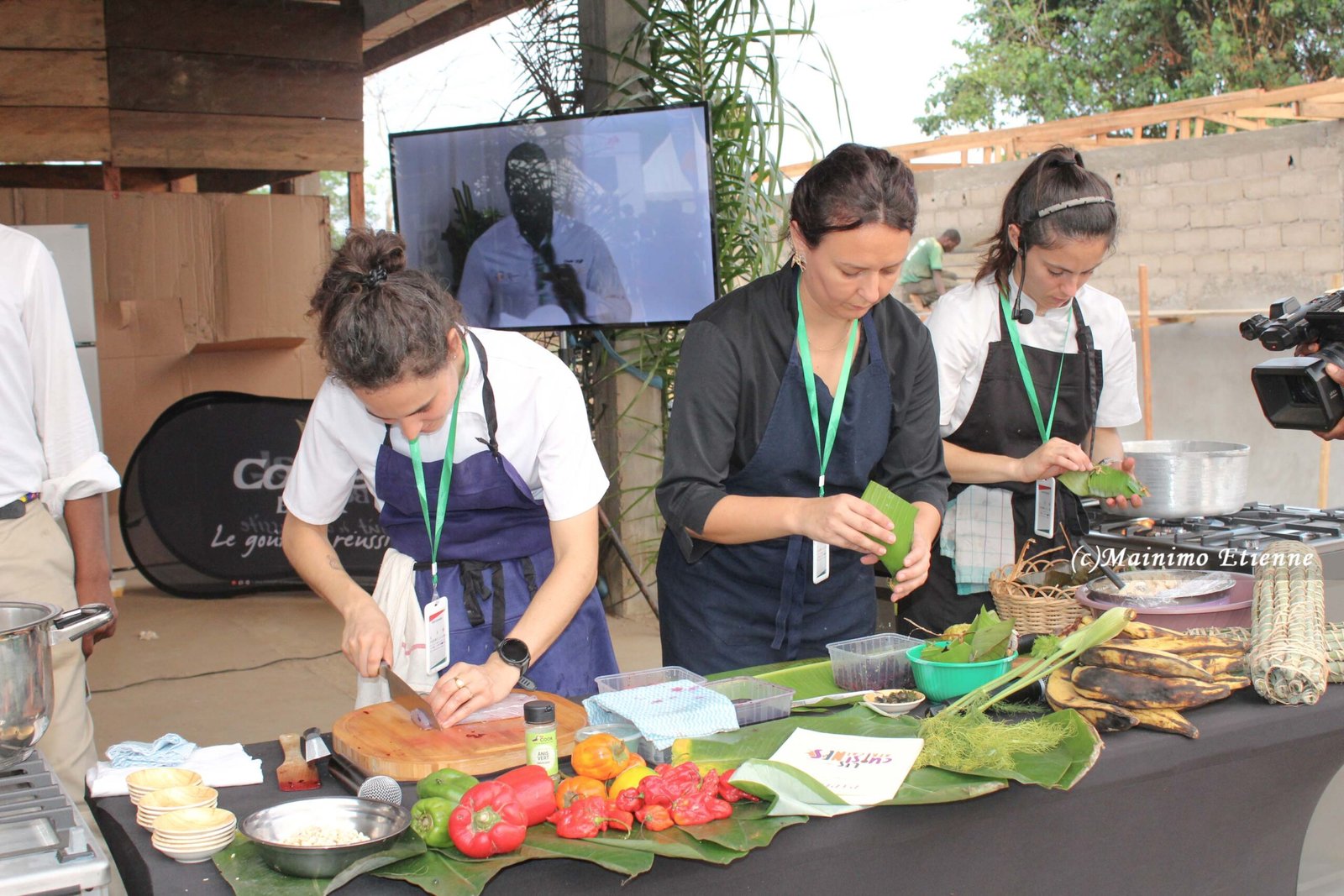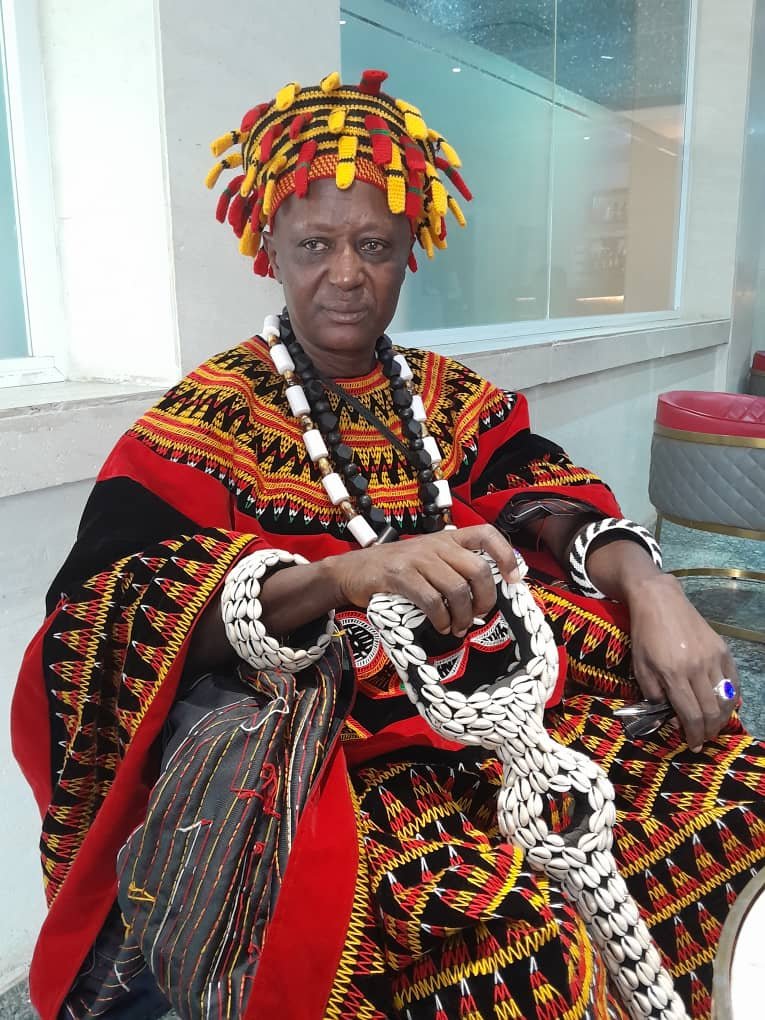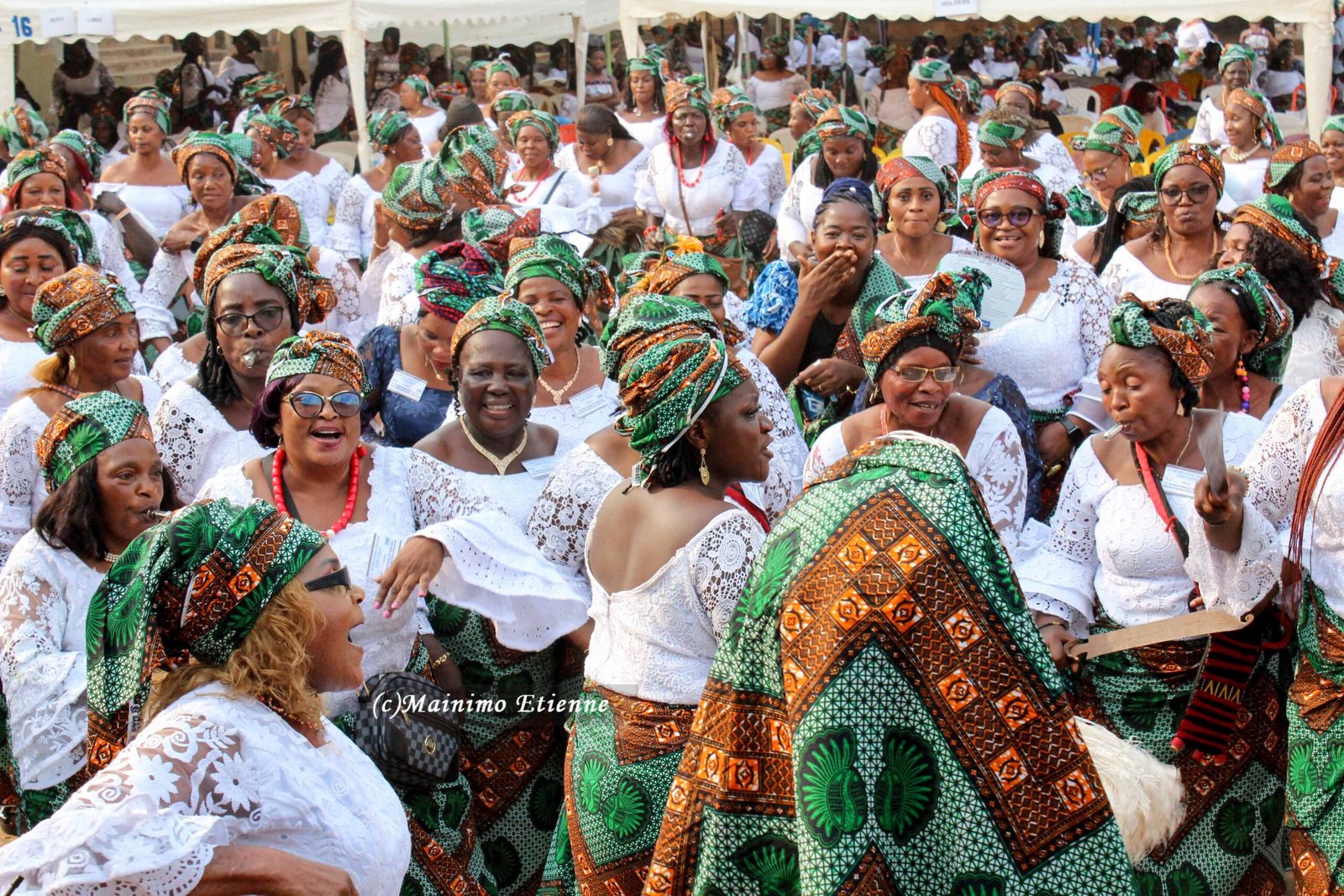By Etienne Mainimo Mengnjo
His Majesty Mouhammad-Nabil Mforifoum Mbombo Njoya, the Sultan of Bamoum, and Sultan of Bankim, His Majesty Gah II Ibrahim have successfully reconciled following a series of conflicts that strained relations between their communities.

The pivotal meeting took place on January 28, 2025, at the Ministry of Territorial Administration (MINAT), under the chairmanship of Minister Atanga Nji Paul.
The event was significant, attended by the governors of both the West Region and the Adamawa Region, highlighting the importance of this reconciliation. Although the discussions were held behind closed doors, reliable sources confirm that both leaders made amends and pledged to collaborate for the welfare of their respective communities.
However, Minister Atanga Nji indicated that the Head of State has called on both communities to bury the hatchet and promote unity and peace. Acknowledging that misunderstandings are a natural part of human interactions, the Minister stressed that the key to moving forward lies in dialogue and a positive outlook for the future.

Photographs taken after the meeting visibly reflected the sincerity of the reconciliation. This comes in the wake of a tumultuous period marked by tensions between the two tribes. Notably, in February 2023, relations deteriorated dramatically when the Fon of Tikars was publicly humiliated by guards of the Sultan, following a comment in which the Fon referred to the Sultan as “my son.” This incident incited violence and unrest, resulting in significant damage to both communities.
Despite the challenges faced throughout the year, peace has been restored, largely due to calls from various authorities advocating for dialogue and reconciliation. The historical ties between the Bamoun and Tikars, who share ethnic and cultural ties, have made this reconciliation particularly vital.

The recent agreement has been widely praised as a crucial step toward fostering peaceful coexistence between the two communities. Observers believe that this resolution will contribute to stability and cultivate a more harmonious relationship moving forward.
This reconciliation underscores the power of dialogue and the essential role of traditional leadership in maintaining peace and order within communities.

